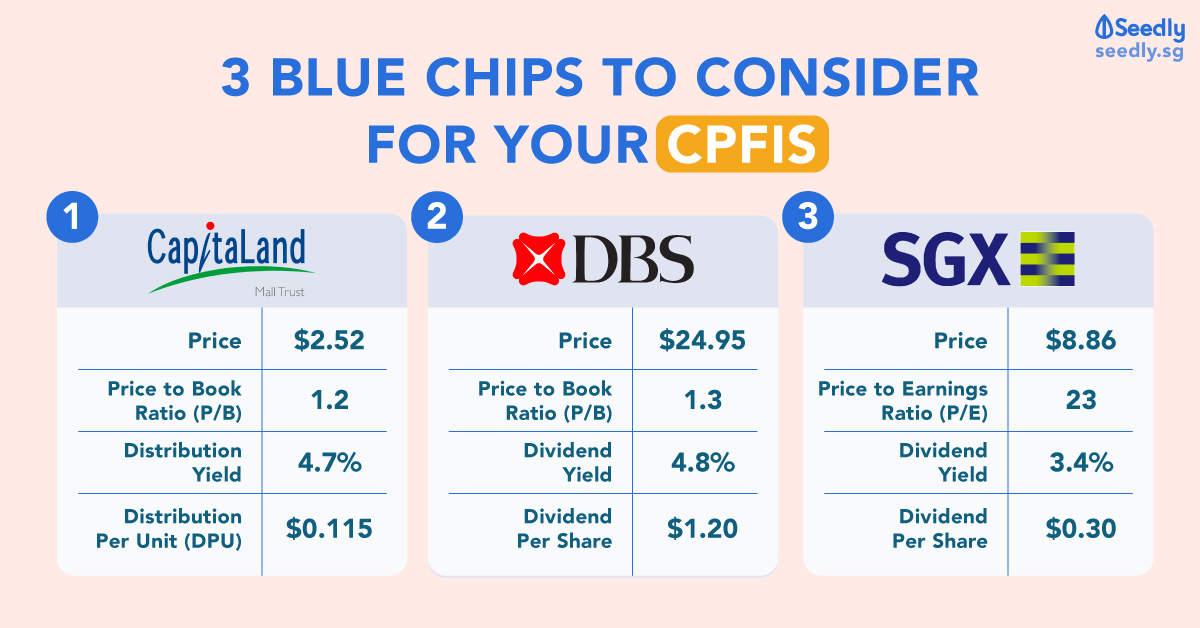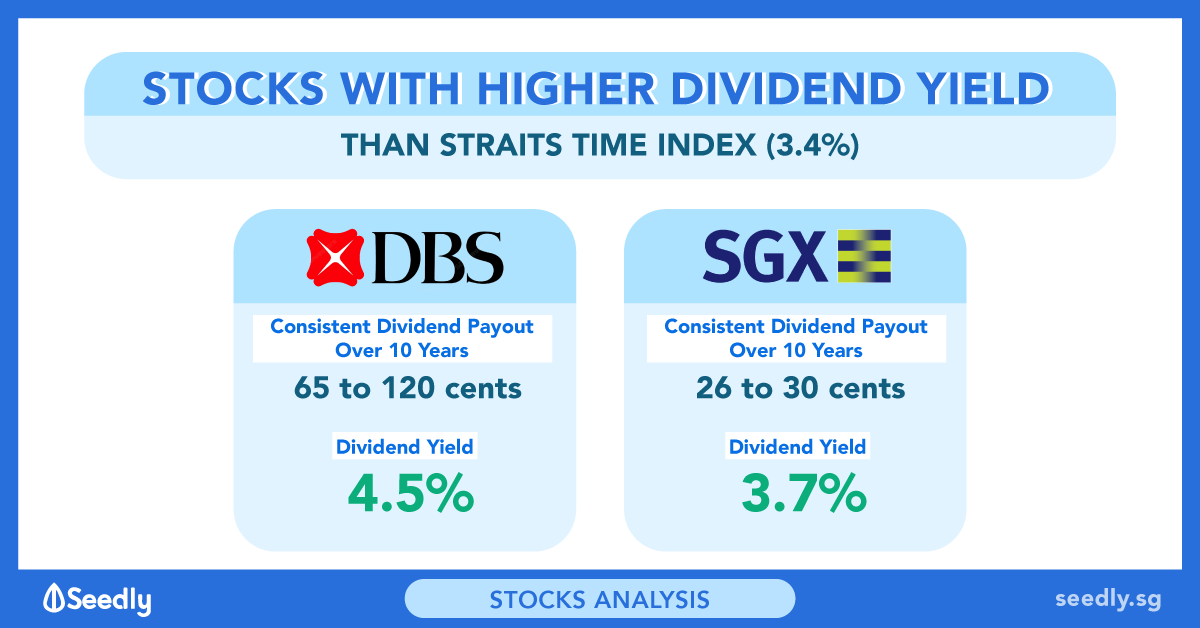Advertisement
Anonymous
How does the OCBC blue-chip investment plan work? What if I invest $1000 in 2 counters I choose from the beginning and stop putting money in? Or is it a must to put in money every month?
Can someone explain how the OCBC blue-chip investment plan works? What demographic would blue-chip investing be good for?
3
Discussion (3)
Learn how to style your text
Andy Sim
05 Mar 2020
HR Professional at a Financial Institution
Reply
Save
Yes, it is a longterm investment plan, leading the investor to discipline (adding regularly = monthly more fund, which is a good thing).
they seem to have a 2 tired fee system:
0.88% per transaction (= very high fees, not recommened) " for new BCIP customers below 30 years old, with initial investment of up to S$500 per counter"
0.30% (still high compared to regular self investing via an online broker, but maybe competitive fee compared to all Singapore investing plans?) for all other investors
My feeling: with a very cheap online brokerage You could still do it all by yourself, You should read then however a lot on passive indexing ETFs, online brokerages, REITs, stock markets in general, compounding effects, long-term investing, passive versus active investing, unfavorable investment categories (mutual funds, unit trusts, options, get rich soon strategys, commodities, blockchain, currencies and many other retail investor traps).
Reply
Save
Write your thoughts
Related Articles
Related Posts
Related Posts
Advertisement










Hi Anon, the OCBC Blue Chip investment plan is also known as a regular shares savings plan and as the name goes, you have to put in a fixed amount of money into the account every month and it will then in turn buy blue-chip stocks or STI ETF. Putting your money in every month will allow you to dollar cost average your investment i.e. when the price of the stock is high, you buy lesser, when it's low, you buy more. Meaning the overall price you paid for the stock will be much lower than if you lump sum buy the stock at one go.